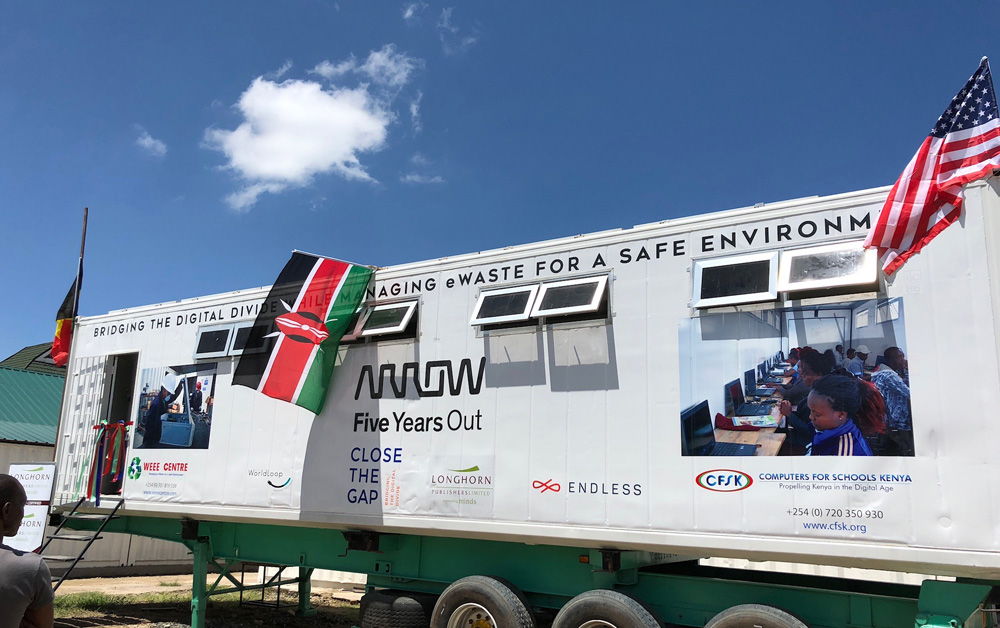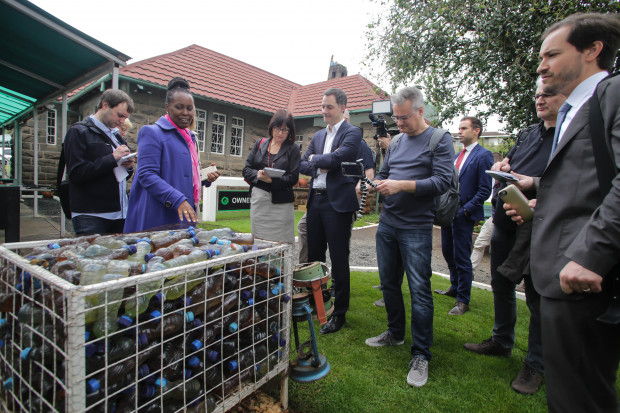Silicon Savannah - An inspiring mission
Reflections on an inspiring voyage to Kenia, by Kris Barnhoorn
Design is Dead were part of a Belgian trade mission to Silicon Savannah, Kenya.
Here are some of our take aways shared by Kris Barnhoorn.
Hustlers
That’s what Kenyans call 83% of the population in contrast of the 17% that has a monthly paycheck in Kenya. These hustlers need an entrepreneurial spirit by necessity.
That part of their cultural DNA was very strongly present when I talked to them during the visit and it is a good fit for the startup mentality.
Mobile
There are things Kenya beats the entire world. 83% percent of the total internet traffic comes over mobile devices. An anecdote of one of the mission participants highlighted that some Kenyan are even amazed if they learn you can surf the web via a desktop or laptop.
Mobile payments are ubiquitous amongst the people who have a cellphone, most of which are still using a sms-toolkit.
Absolute market leader in those Mobile Payment is Safricom’s M-Pesa (literally Mobile Money)
Handling a day by day budget
Most Kenyans cannot afford making investments to improve their life, like getting on the electricity grid or even a small solar panel.
That’s why most startups have some kind of payment plan after which the product becomes the ownership of the subscriber.
See for example M-Kopa Solar and PayGo Energy who want to help Kenyans go away from buying small amounts of low quality kerosine for their energy needs.
Bridging the divide
This is the slogan of our partner Close the Gap and most startups are actually helping with that mission through entrepreneurship. The obvious tool is education which Close the Gap enables by providing ICT material to for instance Computers for School Kenya and designing digitrucks (see top image).
Startups active in this category are Kytabu (digitizing school books) and Ewela (changing the education approach).
Sophiebot addresses one of the more challenging topics to be handled in the classroom: sexual reproductive health. Fuelled by artificial intelligence is has a direct positive impact on a major health issue in the region.
Having an address seems normal to us in the western world and we don’t realize that not having one could be the difference between life or death when an ambulance can not find your location. That is what OkHi aims to solve. A drought can have a massive impact on the yield of crops, what if we can activate the natural response system of those crops so they are more resilient. Fyteko does exactly that.
This was an inspiring experience to a part of the world that is still sometimes overlooked when it comes to digital innovation, clearly unrightfully so. We would like to thank our partner Close the Gap and Startups.be for organising the Mission and given us the opportunity to participate.
If you like to see some pictures and learn more check our facebook page for the daily posts we did. An overview of the press coverage and Close the Gap’s report available here.


